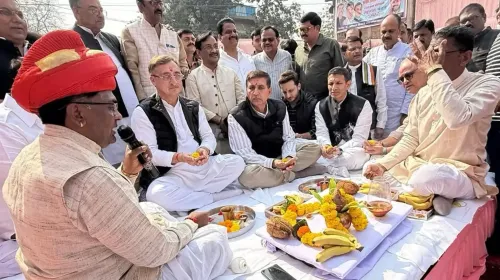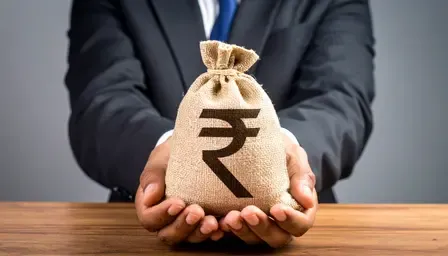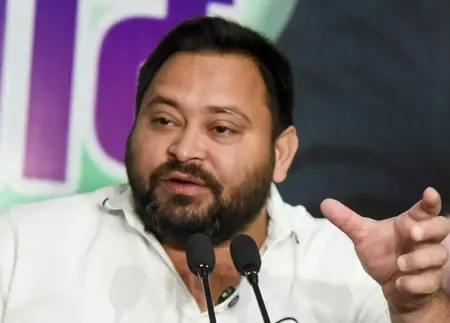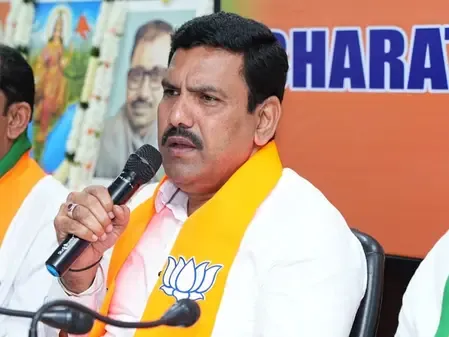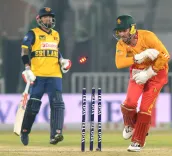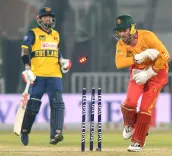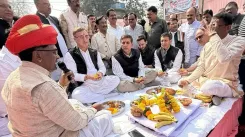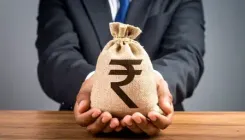Did the Delhi HC Deny Bail to Shabir Shah in J&K Terror Funding Case?
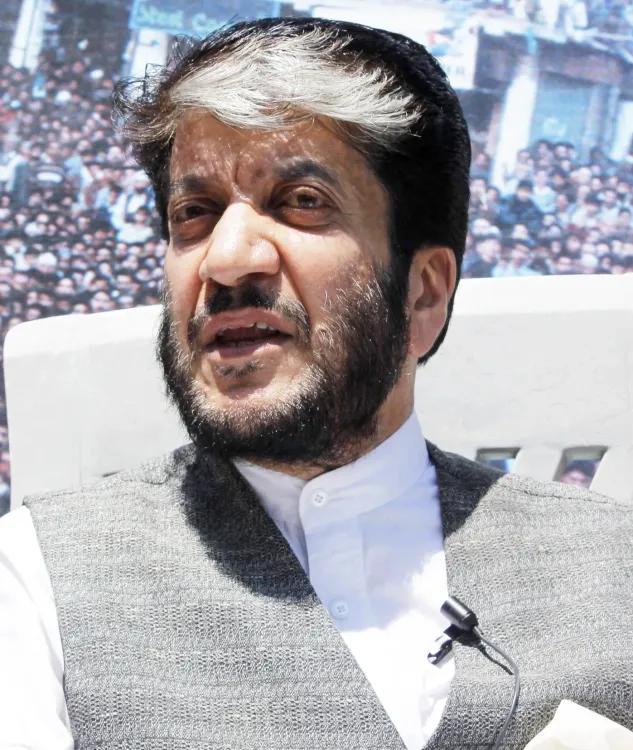
Synopsis
Key Takeaways
- The Delhi HC has rejected Shabir Shah's bail plea.
- The ruling reinforces serious charges related to terror funding.
- Shah's legal team argues the case is politically motivated.
- The NIA maintains the charges are part of a larger conspiracy.
- Other Kashmiri separatist leaders are also under investigation.
Srinagar, June 12 (NationPress) The Delhi High Court has rejected the bail application of Kashmiri separatist leader, Shabir Ahmad Shah, in a terror funding investigation conducted by the National Investigation Agency (NIA).
A division bench, consisting of Justice Navin Chawla and Justice Shalinder Kaur, delivered the ruling, upholding the trial court's decision made on July 7, 2023, which had also denied bail to Shah.
“The present appeal is dismissed,” the bench remarked succinctly, indicating that a comprehensive order will be provided later.
Shabir Shah, who is currently in judicial custody, approached the high court in August 2023, contesting the trial court's denial of bail. His legal representatives argued that the case lacked substantial evidence and claimed that the allegations were politically charged.
Conversely, the NIA firmly opposed the bail request, asserting that the charges against Shah were grave and part of a broader conspiracy related to financing militant activities.
Shabir Shah was apprehended and transferred to Tihar Jail in Delhi by the NIA in June 2019 concerning the ongoing terror funding investigation.
Other Kashmiri separatist leaders, such as Yasin Malik and Nayeem Khan, have also been implicated by the NIA in various cases, including terror financing and inciting violence among the youth. Following the abrogation of Article 370 on August 5, 2019, these leaders faced restrictions on promoting secession and violence through public speeches and hostile media statements.
These separatist figures have supported armed insurgency and have even celebrated the deaths of terrorists during encounters with security forces.
Pro-India and nationalist individuals, as well as those collaborating with security forces, have often faced threats from terrorists, while separatist leaders have consistently glorified terrorist actions against the J&K Police and military personnel.
Such leaders have participated in the funerals of terrorists and have urged the youth to enlist in the ranks of terrorism, perpetuating their so-called ‘Jehad’ (Holy War).

